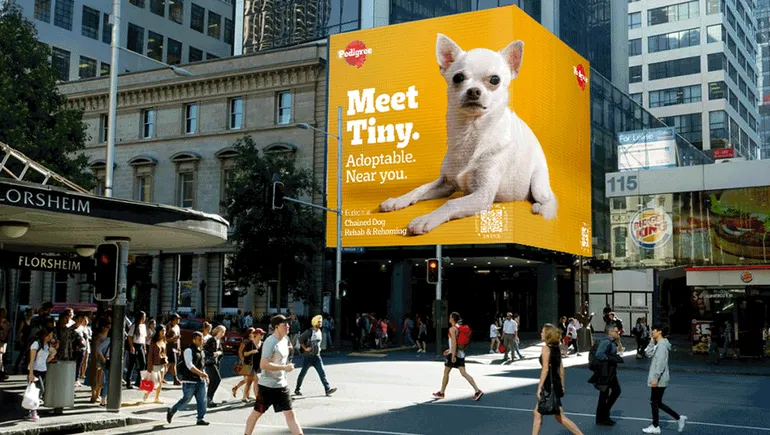
Metaverse goes mainstream, but most consumers still don’t understand it
Dive Brief:
- Nearly three-quarters of surveyed consumers (74%) had heard of the metaverse as of March, according to a press release Wunderman Thompson Intelligence shared with Marketing Dive. That’s a noteworthy bump in awareness compared to last July, when just 32% reported being familiar with the term.
- Familiarity has not been followed by understanding, as just 15% of respondents felt they could explain what the metaverse is to other people. Despite this, two-thirds of consumers believe the concept could be life-changing, 68% described it as the “next internet” and 74% stated it is representative of the future.
- Worries persists around the metaverse, with 72% of parents concerned about children’s privacy and 66% about children’s safety. Still, the study, which surveyed over 3,000 people in the 16-65 age range in the U.S., U.K. and China, indicates that the metaverse has earned a spot in public discourse that could help hurry along adoption.
Dive Insight:
Wunderman Thompson Intelligence’s latest research, which is additive to findings the group published in September, underpins the rapid clip at which the metaverse has entered the mainstream. However, more people simply having heard the term does not correlate to education about its inner workings, as few would feel confident describing what the metaverse is in practice. Given the knowledge gap, the growing belief among consumers that the metaverse represents “the future” might need to be taken with a grain of salt.
Discrepancies potentially stem from a lack of a shared definition of what constitutes the metaverse. Wunderman Thompson Intelligence describes it, at the most basic level, as “an extension of our lives enhanced by technology.” More lofty depictions imagine richly detailed online worlds that people will plug into using virtual reality (VR) tools. There, they can participate in a variety of activities and purchase everything from clothes to property in an attempt to port over their real-world identities to the digital realm. That’s the ideal envisioned by companies like Meta Platforms, which rebranded from Facebook last year to signal its commitments to realizing such a hybrid social experience.
Elsewhere, metaverse activations are essentially shorthand for online gaming. A brand setting up an island in Fortnite or Roblox is frequently billed as part of the metaverse. While gaming is an important precursor to the metaverse, these capabilities have been in place and used by marketers for years.
That said, recent trends have shown companies are willing to invest in gaming in ways that could lay the groundwork for ambitious metaverse plays down the line. Nike in November debuted a Nikeland space in Roblox where visitors can try on virtual versions of its goods and participate in games that are meant to encourage repeat visits.
Such activations appear to be popular with consumers. Nikeland had drawn nearly 7 million users as of March. A recent Wendy’s campaign that opened a virtual restaurant in Meta’s Horizon Worlds platform reached 52 million users, Meta said in its recent earnings report. Meta wants to make Horizon Worlds more accessible, with plans to introduce a web-based version this year that does not require a headset. Hardware costs and clunky experiences have generally been prohibitive for wider VR adoption and could be a roadblock for the metaverse.
In an encouraging sign for brands, 89% of consumers surveyed by Wunderman Thompson Intelligence said advertising would be an industry impacted by the metaverse. Other top-ranking categories included retail (86%), fashion (85%) and finance (82%), while food and beverage landed at the bottom of the list (74%).
Other elements of the metaverse and the associated Web3 frontier appear to be struggling. Nonfungible tokens (NFTs) were once seen as an important method for brands to experiment with the metaverse. Last year, branded NFT drops were common, with companies from McDonald’s and Pepsi to Crockpot jumping in on the action. But sales of NFTs are cratering, down 92% from a September peak, The Wall Street Journal reported.
As brands try to gauge what will be lasting versus a flash in the pan with the metaverse, agencies see an opportunity. WPP, Wunderman Thompson’s parent, earlier this week revealed a partnership with Epic Games, Fortnite’s developer, on an initiative that seeks to train employees at the ad holding group in preparation for the metaverse.





